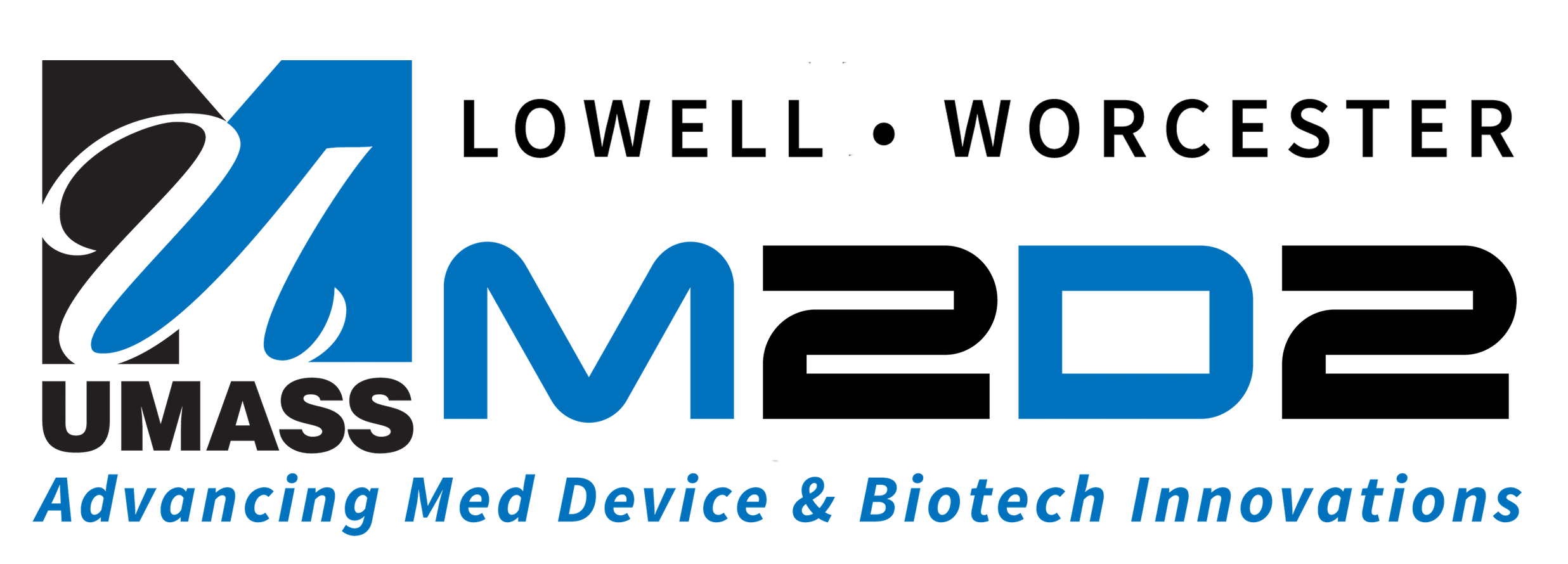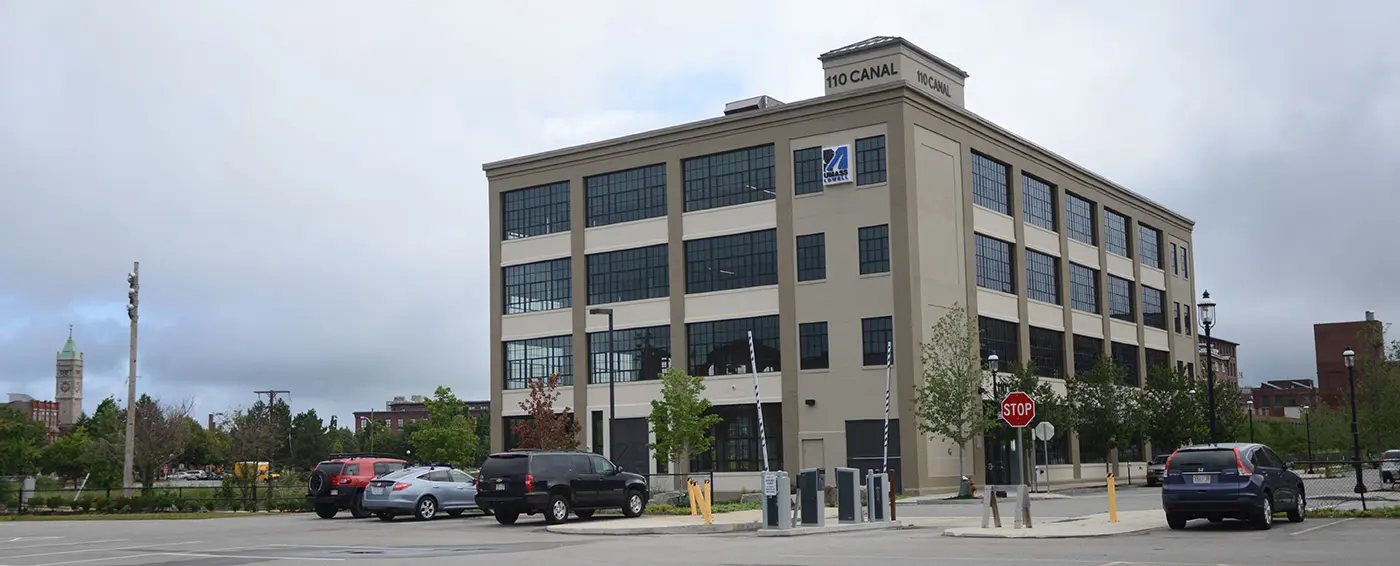Campus centers and institutes include the Nanomanufacturing Center, BioPlastics & Medical Plastics Research Center, Lowell Center for Sustainable Hospitals, Center for Public Health Research and Health Promotion, Center for Neurobiology and Neurodegeneration Research, Center for Advanced Materials and the Center for Health and Disease Research.
The Department of Plastics Engineering already works extensively in medical device research and development. Its collaboration with companies and the substantial feedback it receives from industry and alumni in the field help keep UMass Lowell on the cutting edge of technology. UMass Lowell's contribution to M2D2 includes:
- Product design
- Material selection and control
- Prototype development
- Manufacturing process development
- Sterilization and packaging design
- Proof-of-concept/proof-of-principle testing
- Design controls
- Failure mode and effects analysis
- Pre-clinical studies
- Incubator services and space
- Core research facilities
A Medical Device Company's Perspective
from The Boston Globe, November 17, 2003"Tony Armini, chief executive of Implant Sciences Corp. of Wakefield, MA, can...attest to the versatility of plastics.
His company developed a prostate cancer treatment in which small, radioactive particles about the size of caraway seeds are implanted in the prostate to eradicate cancerous cells, and needed a way to hold them in place. Enter UMass Lowell.
Plastics engineers helped device a sleeve of naturally based plastic that dissolves harmlessly into the body's system and, unlike surgical steel, eliminates the need to remove the hardware when the treatment is completed. Now, the company is working with UMass Lowell plastics engineering to develop a silicone vessel for radiation treatment of breast cancer following a lumpectomy.
'We're physicists here,' Armini said, 'and while we know a lot about radiation, we don't know much about plastics. And that's why we went to UMass-Lowell.'"

